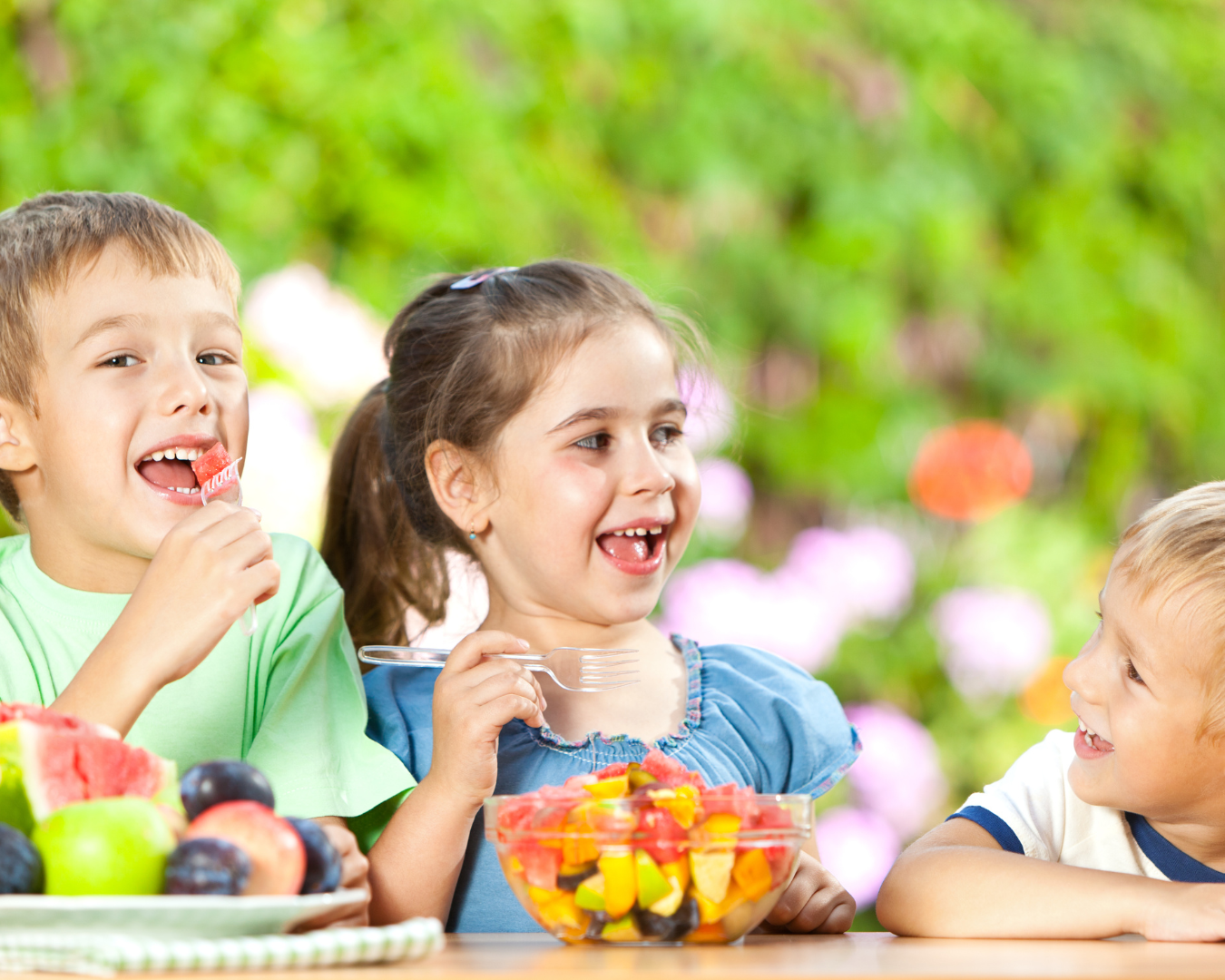Teaching Children About Food Origins: The Journey from Farm to Table
In today’s world, many children are disconnected from the origins of the food they eat. Teaching children about where their food comes from and the journey it takes from farm to table can foster a deeper appreciation for what they consume, promote healthier eating habits, and encourage environmental stewardship. Here’s a comprehensive guide to help you educate your children about food origins and the fascinating journey from farm to table.
Why Is It Important?
1. Builds Awareness and Appreciation:
- Understanding the origins of food helps children appreciate the effort and resources involved in food production.
- It encourages gratitude and reduces food waste.
2. Promotes Healthy Eating:
- Knowledge about fresh, wholesome ingredients can inspire children to make healthier food choices.
- Engaging with food origins can make children more willing to try new fruits and vegetables.
3. Encourages Environmental Stewardship:
- Learning about farming practices and food transportation highlights the impact of food production on the environment.
- It fosters a sense of responsibility towards sustainable living and environmental conservation.
Ways to Teach Children About Food Origins
1. Visit Local Farms and Farmers’ Markets:
- Farm Visits: Take your children to local farms where they can see firsthand how fruits, vegetables, and animals are raised. Many farms offer tours and interactive activities for kids.
- Farmers’ Markets: Regular trips to farmers’ markets can help children meet local farmers, learn about seasonal produce, and understand the importance of supporting local agriculture.
2. Grow a Family Garden:
- Start Small: Begin with a few easy-to-grow plants like tomatoes, herbs, or lettuce. Involve your children in planting, watering, and harvesting.
- Learn Together: Use gardening as an opportunity to teach children about plant growth, soil health, and the importance of pollinators like bees.
3. Cook Together:
- From Scratch: Involve your children in cooking meals from scratch. Explain each ingredient’s origin and how it reaches your kitchen.
- Recipe Exploration: Choose recipes that highlight seasonal and locally-sourced ingredients. This can help children connect the dots between farming and their favorite meals.
4. Educational Resources:
- Books and Videos: Utilize children’s books and educational videos that explain food origins in an engaging way. Titles like “The Omnivore’s Dilemma for Kids” by Michael Pollan are great resources.
- Interactive Websites and Apps: There are several websites and apps designed to teach kids about agriculture and food systems through interactive games and activities.
5. School and Community Programs:
- Farm-to-School Programs: Many schools offer programs that bring locally grown foods into the cafeteria and incorporate agricultural education into the curriculum.
- Community Gardens: Participate in or start a community garden. This provides a communal space for learning and growing food together.
Activities to Enhance Learning
1. Food Origin Projects:
- Food Mapping: Create a map with your children showing where different foods in your home come from. Discuss the distance each food travels and its environmental impact.
- Farm Diaries: Keep a diary of farm visits, gardening progress, and farmers’ market experiences. Encourage your children to draw pictures and write about what they learn.
2. Seasonal Eating Challenges:
- Seasonal Menus: Create menus based on seasonal produce. Challenge your family to eat only what’s in season for a week.
- Preserving Food: Teach your children about preserving seasonal produce through canning, drying, or freezing. This can be a fun and educational activity.
3. Cultural Exploration:
- Global Food Journey: Explore how different cultures grow, prepare, and celebrate food. Try cooking traditional dishes from various parts of the world and discuss their origins.
- Food Stories: Share stories and traditions from your family or community that relate to food. This can help children understand the cultural significance of different foods.
Teaching children about food origins and the journey from farm to table is a valuable educational experience that can have lasting benefits. By engaging in farm visits, gardening, cooking, and using educational resources, you can help your children develop a deeper connection to their food and a greater appreciation for the environment. This knowledge not only promotes healthier eating habits but also fosters a sense of responsibility and respect for the world around them. So, embark on this educational journey together and watch your children’s understanding and curiosity about food grow!

